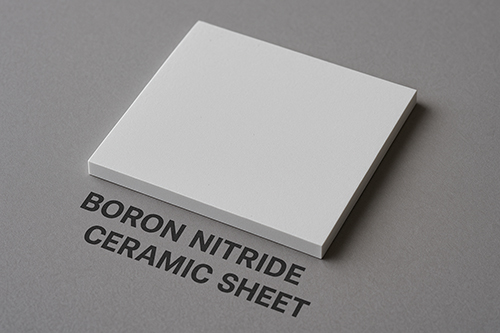Modern Research Direction of Boron Nitride Nanotubes

The boron nitride nanotube technology development program synthesizes nanotubes. Boron carbide nanotubes are made of boron and nitrogen and are very similar in structure to carbon nanotubes, but with other properties. Boron nitride nanotubes are insulators, while carbon nanotubes are conductors.
Boron nitride nanotubes are very long tubes that have a high degree of crystallinity and a small diameter. They have a high operating temperature. They are stable in the ocean and air at 800 ° C, so this allows us to develop their use in high-temperature applications. Its high operating temperature allows us to use this material in thermal protection systems.
Currently, we are targeting structural radiation shielding applications, so we could be in habitat, we could be layers in a habitat. We could also protect astronauts and any other structures that would be on Mars. So far we are producing boron nitride nanotubes since May of this year. The capability is here at Langley in our laboratories. We're trying to increase the yield and the quality and the quantity of these materials and so the research basically focuses on making the tubes and then we characterize those in the laboratory so we know what their material properties are. Along with that, we're doing modeling of the environment. So we study the plume chemistry in order to optimize the production. By doing all the diagnostics and modeling, then we can incorporate that experimentally and hopefully to get larger production. And a larger production would enable us to make large-scale applications, large composites, and we could prove the utility for the space applications so that's are driving factor right now. For more information, please visit https://www.preciseceramic.com/.
{{item.content}}
LEVE A REPLY
{{item.children[0].content}}
{{item.content}}
LEAVE A REPLY
SUBSCRIBE OUR NEWSLETTER
- How PBN Crucibles Ensure the Quality of GaN & SiC Epitaxial Materials
- SiC vs. Quartz Focus Rings: A Cost and Performance Analysis for Advanced Etch
- AlN Ceramic Substrates: Enabling Next-Gen Electrostatic Chucks
- The Amor of Semiconductor Tools: Why High-Purity Al2O3 & AlN Are Preferred for Plasma Process Chambers
- Silicon Carbide - Ultra-High Temperature Ceramics for Extreme Environments










